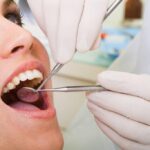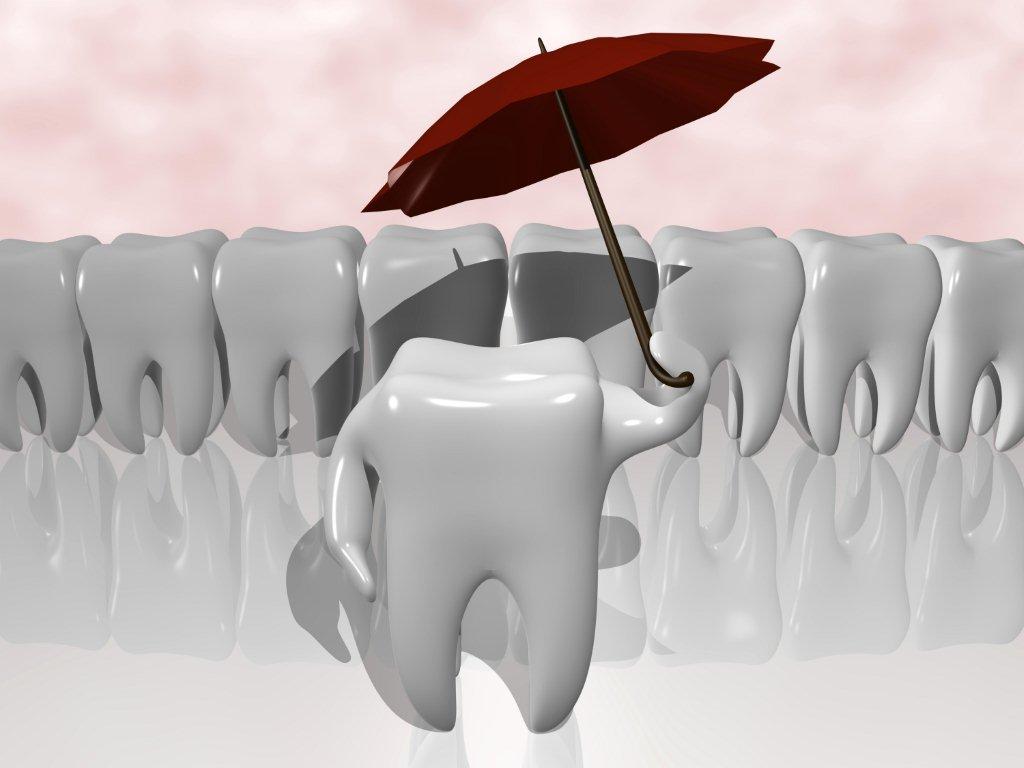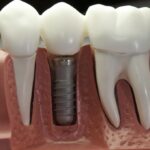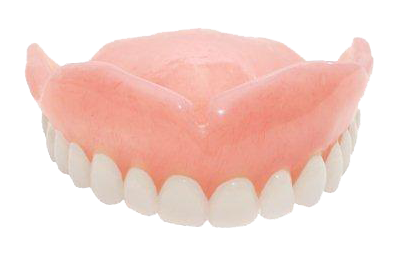We offer a wide choice of dental services including preventive, diagnostic, cosmetic and restorative care to patients of all ages.
By using advanced technology and emphasizing careful attention to detail and comfort we are confident you will always have a successful, satisfying experience at our office.
Dental Cleaning and Prevention – X-Rays – Fluoride Treatment – Sealants
Besides the meticulous cleaning, polishing, and examination of your teeth, we also take time to help our patients with proper oral hygiene instruction. Properly caring for your teeth and gums prevent the onset or progression of periodontal (gum) disease and tooth decay.
Suggestions may also be made for such preventative measures as sealants or night guards to help protect teeth from nighttime grinding.

Dental radiographs are an important diagnostic tool that can provide information that may not be visible during a regular exam. Without x-rays, problems may go undetected. Dental x-rays are extremely low dosage in comparison to medical x-rays. We tailor our x-ray recommendations for each patient and will only make that recommendation when appropriate for the condition.

Every day the tooth enamel (the outer layer that makes the tooth hard) loses minerals when acids- from bacteria in the mouth and certain foods and drinks- attack the enamel. Fluoride treatments help prevent tooth decay by making the tooth more resistant to acid attacks.

Sealants are a quick and painless procedure in which a plastic coating is placed over the chewing surfaces of back teeth. Even if a patient brushes and flosses carefully, it is difficult to clean the tiny grooves and pits on certain teeth. Sealants “seal out” food and plaque, thus reducing the risk of decay.
Cosmetic Dentistry – Teeth Whitening and Bleaching – Porcelain Veneers
Teeth whitening and bleaching by a dentist
Most dentists are of the opinion that professionally dispensed take-home teeth whitening kits can provide the best results over a longer period of time. At-home procedures consist of placing a bleaching gel into a tray (night-guard) that has been custom fitted for your mouth. Your dentist can advise you of the appropriate type of application and the length of time needed to whiten your teeth. Teeth whitening may be the ideal way to enhance your confidence in your smile.
Today’s white cosmetic fillings are quickly replacing yesterday’s silver fillings. They not only restore the natural appearance of the tooth, but also can strengthen the tooth and require less removal of tooth structure. Ask us where tooth colored fillings may be appropriate for your teeth.
We may suggest other procedures including teeth whitening/bleaching, recontouring, veneers and bonding to improve the appearance of your teeth and the way you talk and chew.
In the past our choice for crowns was porcelain fused over metal or all gold. Today’s all ceramic crowns (porcelain with no metal) appear more natural and eliminate the dark line at the gum line so common with other crowns.
Veneers are extremely thin pieces of tooth shaped and shaded porcelain that are bonded onto the front of teeth. They are a beautiful way to correct stained, chipped, or crooked teeth. By placing glass-like ceramic porcelain on the surface of teeth, we can provide patients with bright, straight, and natural looking smiles.
Dental bonding is a procedure in which a moldable enamel resin is sculpted to the tooth surface, hardened, and then polished to match the natural tooth enamel. Dental bonding can repair cracked, chipped, and discolored teeth as well as replace silver amalgam fillings. Tooth bonding offers several benefits for patients. It is quick affordable, painless, and long lasting. It is a great alternative to more extensive cosmetic dentistry such as porcelain veneers and crowns.
Tooth Replacement
Dr. Warner has extensive training and experience with a wide range of services to restore your natural function and appearance of lost teeth or gums that have been damaged by disease or accidents.
Dental implants are natural looking and feeling replacements for lost teeth, and enable replacement teeth, including dentures, to retain 90 percent of their natural biting force. Implants are frequently the best choice for replacing missing teeth, and can help prevent bone loss in your jaw.
The actual dental implant is a titanium root that is surgically placed into the jaw. After healing, replacement teeth are then attached to the root form. Dental implants are so natural looking and feeling you may forget you ever lost a tooth

A bridge is a dental appliance that replaces one or more natural teeth, thereby “bridging” the space between two teeth. The bridge is cemented in place over the teeth on either side of the space and cannot be removed by the patient.
Complete (replacing all) or partial (replacing multiple teeth) are our most economical way to replace teeth. There are several types of partial dentures available with newer materials that replace the metal “clasp” that secures the appliance in place with tooth-colored clasps. Dr. Alley has had additional training in this area and has taught removable denture prosthetics.

More Services
Periodontal disease is usually a silent, progressive, infectious disease of the gum and bone that surrounds and supports the teeth. It has been estimated that 3 out of 4 adults develop some form of gum disease after the age of 35. This condition should not be overlooked because it can have broader influence on the rest of the body’s health.
If caught early we may recommend scaling and root planing in which the tooth roots are meticulously cleaned and toxins removed. Medications and special mouth rinses may also be recommended. In more advanced stages, surgery may be indicated.
Call us today and schedule a check up at 269-327-3290.
Many oral surgery procedures are conveniently provided in our office. For those patients needing extensive procedures or sedation, we will assist you in getting the appropriate care form specialists in oral surgery.
Root canal therapy is an option to save a tooth that may become painful due to decay, fracture, or infection. In this procedure the infected nerve is removed from inside the tooth and a sterile filling is placed in order to seal out bacteria.
With advances in technology, this procedure not only has a high success rate but can be completed painlessly.
Temporomandibular disorders (TMD) occur as a result of problems with the jaw, jaw joint, or muscles that control chewing or moving the jaw. These disorders are often called TMJ, the joint controlling movement of the lower jaw.
Symptoms include:
- Pain in the jaw joint area, ear, or face
- Unable to open mouth fully
- Jaws that get stuck or lock in an open or closed position
- Clicking or popping sounds in the jaw joint
- A change in the bite
Please feel free to ask questions about this condition with us.
